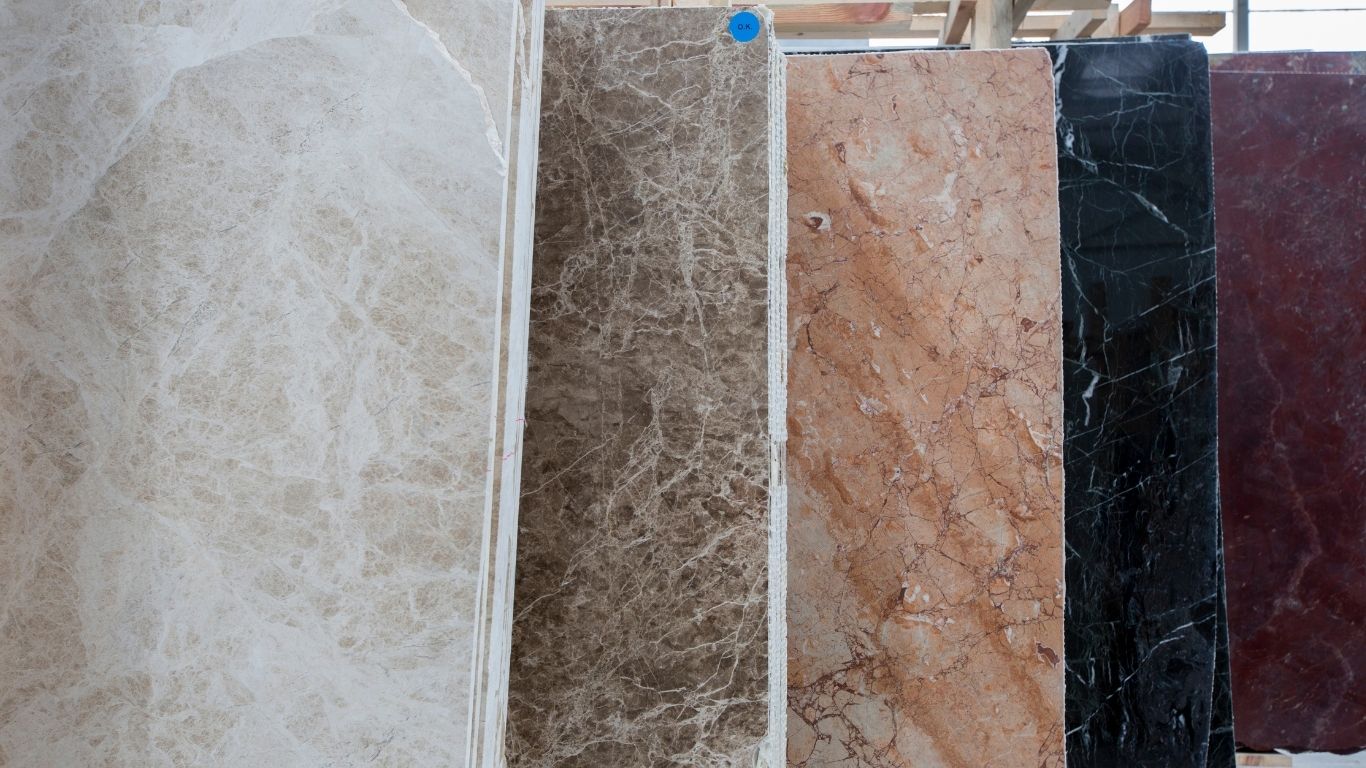FREE SHIPPING On Bathroom Vanity Orders Delivered Within 100 miles of Zip Code 17403 (York, PA)

Countertop slabs are large, unfinished pieces of countertop material, typically natural stone (like granite, marble, quartzite, soapstone, limestone, travertine) or engineered stone (like quartz). Instead of being pre-cut to specific cabinet dimensions, they are sold in their full, raw form.
In summary, countertop slabs are the raw material from which custom countertops are created, offering flexibility in design and the ability to choose a specific look for a project.